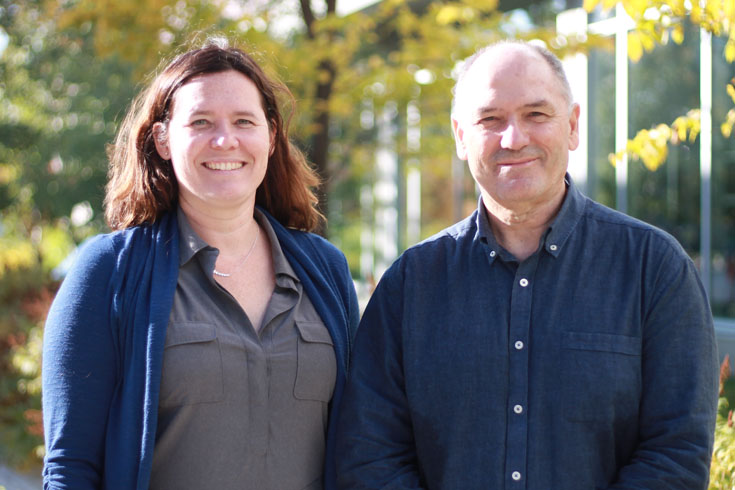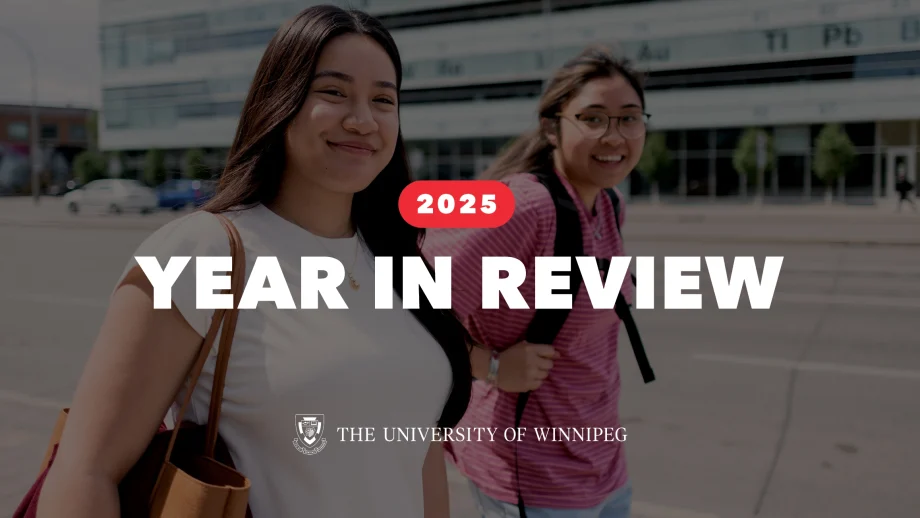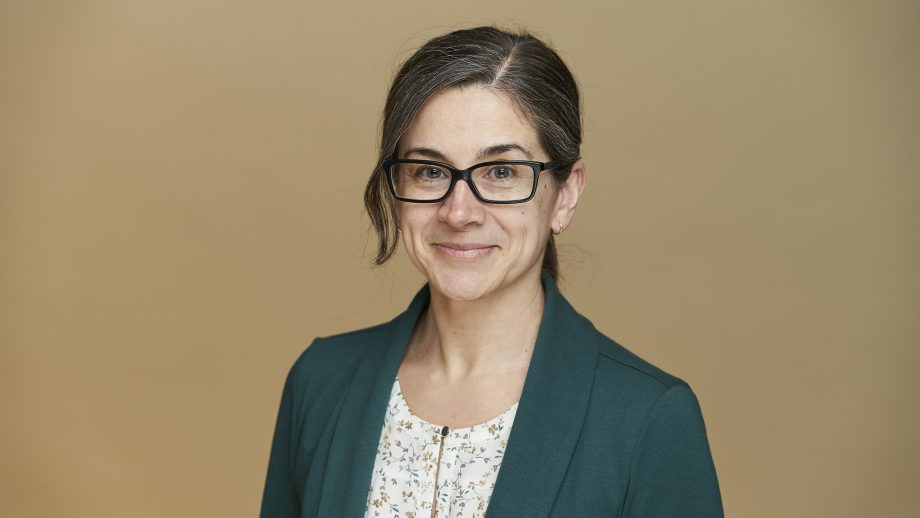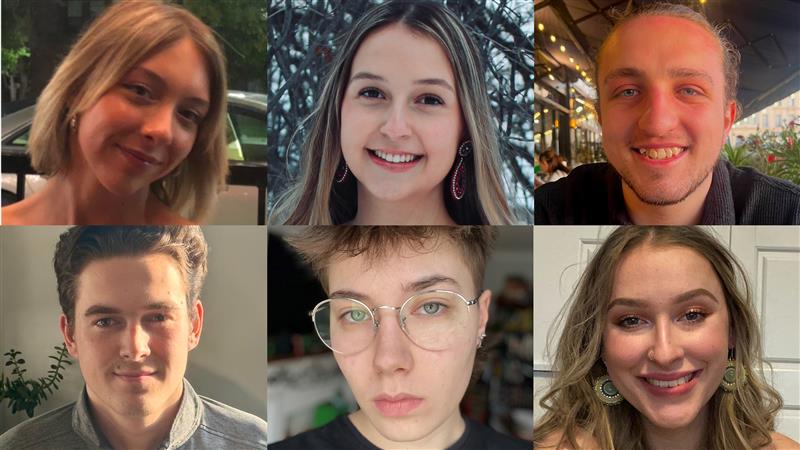Reducing the stigma around mental health is at the centre of a study led by The University of Winnipeg’s Chair of Kinesiology and Applied Health, Dr. Melanie Gregg, and visiting scholar Dr. José Gallego, from University of Almeria, a Spanish university located on the shores of the Mediterranean Sea.
It’s important for our students to be aware of mental health, and comfortable working with people with mental health issues.
Dr. Melanie Gregg
This is not Gallego’s first visit to campus. He was also a visiting scholar in 2016, collecting data on the level of stigma shown by a group of UWinnipeg students toward mental health, as part of an unpublished study that is currently under review.
“We found that stigma levels were actually quite low,” said Gregg. “Stigma toward mental health is much higher in Spain than it is here.”
Gallego would like to see that shift, and to that end has been conducting research in Spain that combines the serious game, Stigma Stop, with opportunities for inclusive physical activity. He has seen firsthand how this reduces stigma and improves self-esteem and quality of life for people experiencing mental illness.
Gregg collaborated with Gallego on the research paper, Analysis of the Usefulness of a Serious Game to Raise Awareness About Mental Health Problems, published in the September 2019 issue of Journal of Clinical Medicine. In this study, which was funded by the Spanish Ministry of Science, Innovation, and Universities, a team of researchers analyzed the usefulness of Stigma Stop. They found that after exposure to the game, participants had a statistically significant decrease in levels of stigma toward mental health disorders.
Gallego and Gregg are now looking to launch a new study where they will introduce a group of kinesiology students to the game, while giving them opportunities to plan inclusive physical activity strategies for individuals facing mental health challenges. Research has shown that regular physical activity reduces the probability of experiencing depressive symptoms, is an effective treatment for anxiety disorders, boosts mood, and has the added benefit of physiological outcomes, such as lowered blood pressure and increased aerobic capacity.
“We’ve had a positive experience with this at the University of Almeria, and I thought maybe we could implement something similar here,” said Gallego.
UWinnipeg kinesiology students who participate in the program will be introduced to Stigma Stop, which features characters with one of four mental health disorders (schizophrenia, depression, bipolar disorder, and panic disorder with agoraphobia). While learning to interact with the characters in the game, students will also have a chance to interact with individuals facing similar challenges through inclusive sports activities that they will organize on campus.
“The idea is to get students to run the program, and to connect them with people with mental health issues, so that our students gain experience and exposure as well,” said Gregg. “That relates back to the idea of reducing stigma, getting people to feel more comfortable around mental illness.”
The program is still in its planning stages, but Gregg is looking forward to seeing the difference it makes, giving the next generation of kinesiologists tools to respond to clients with mental health challenges.
“I think it’s important for our students to be aware of mental health, and comfortable working with people with mental health issues,” said Gregg. “It’s not a simple problem with a simple solution, but if we are trying to encourage people with mental health problems to be physically active, it’s important to make sure it’s accessible. Reducing the stigma is really the first step, opening the door so people feel comfortable talking to one another and asking for help.”
There will be an opportunity to learn more about this study during KINect Research Week. Everyone is welcome to attend Dr. Gallegos’ Inclusive Physical Activity presentation on Monday, November 4, 12:30-1:10 pm in Lockhart Hall.





